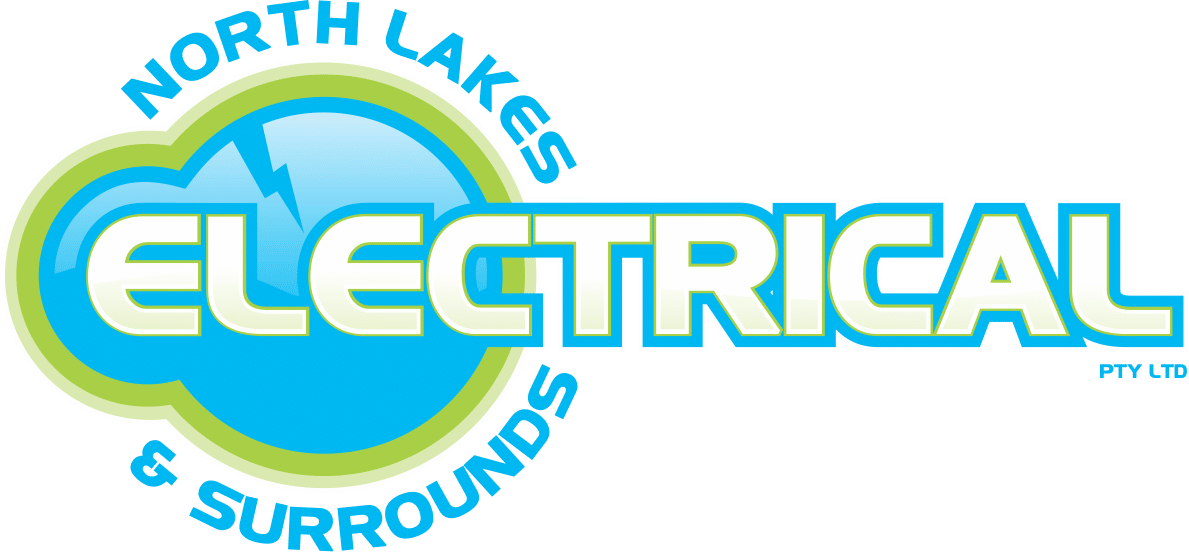How to Identify Electrical Hazards in Your Home
Electrical hazards in the home are often silent, hidden dangers that can lead to serious accidents, including fires or electrical shocks. According to the National Fire Protection Association (NFPA), electrical failures or malfunctions are the second leading cause of home fires. Identifying and addressing electrical hazards early can protect your home, family, and valuables from potential harm. As a homeowner in North Brisbane, it’s important to be aware of the common signs of electrical hazards and take necessary steps to resolve them. In this blog, we will explore some key indicators of electrical issues and offer practical tips for keeping your home safe.
1. Frequent Circuit Breaker Tripping
Circuit breakers are designed to prevent electrical overloads by automatically shutting off power when the current exceeds safe levels. While they are an important safety feature, frequent tripping of circuit breakers can indicate a potential issue with your electrical system. This could be caused by faulty wiring, overloaded circuits, or outdated electrical components.
If you find that your circuit breaker is tripping regularly, it’s important to have a licensed electrician inspect your electrical system. Don’t ignore this problem, as persistent issues with circuit breakers can lead to fire hazards or equipment damage.
2. Flickering or Dimming Lights
Flickering or dimming lights are often caused by loose or faulty wiring, overloaded circuits, or an issue with the light fixture itself. While it might seem like a minor inconvenience, persistent flickering can be a sign of an underlying electrical problem.
If the flickering occurs when you turn on a specific appliance or light, the issue may be related to that particular fixture. However, if multiple lights in your home are flickering, it could point to a larger problem within your home’s electrical wiring or panel. A qualified electrician can diagnose and address the issue safely.
3. Burning Smell or Discolored Outlets
A burning smell near electrical outlets or switches is a clear warning sign of an electrical issue. This could indicate overheating wires, short circuits, or other serious issues within the electrical system. Discoloration around outlets or switches, such as yellowing, brown spots, or blackened marks, is another sign that something is wrong.
If you notice any of these signs, turn off the power to the affected area immediately and contact a licensed electrician. Ignoring these signs could result in a potential fire hazard or further damage to your electrical system.
4. Exposed or Frayed Wiring
Exposed or frayed wires are a significant electrical hazard, as they can lead to short circuits, electrical shocks, or fires. This type of damage is often caused by wear and tear or rodent activity. If you see exposed wiring in your home, especially in high-traffic areas, it’s important to have the issue addressed as soon as possible.
A licensed electrician will inspect the damaged wiring, replace it if necessary, and ensure that the wiring is properly insulated and safe to use. Never attempt to repair exposed wiring yourself, as it can lead to serious electrical injuries or fires.
5. Warm or Hot to the Touch Outlets and Switches
Electrical outlets and switches should never feel warm or hot to the touch. If you notice that an outlet or switch is unusually hot, it could be a sign of overheating, a short circuit, or poor wiring. This issue is often caused by an overloaded circuit or faulty wiring that can cause a fire risk if not addressed quickly.
If you feel warmth or heat near an outlet or switch, turn off the power to that area and contact an electrician for a thorough inspection. It’s essential to avoid using the outlet or switch until the issue is resolved.
6. Old or Outdated Electrical System
Homes with outdated electrical systems are more likely to have hazardous electrical issues. Older homes, particularly those built before the 1980s, may have electrical systems that can’t support modern electrical demands. Outdated systems may have worn-out wiring, inadequate grounding, and older electrical panels that do not meet current safety standards.
If you live in an older home, it’s important to schedule regular inspections of your electrical system to ensure it is safe and up to code. An electrician can recommend upgrades to improve the safety and efficiency of your home’s electrical system, such as replacing an outdated electrical panel or rewiring key areas of the home.
7. Electrical Shocks
If you experience mild electrical shocks when touching electrical outlets, switches, or appliances, this is a clear sign that something is wrong with your electrical system. While small shocks may seem harmless, they can indicate a problem with grounding or faulty wiring that could lead to more serious issues.
If you notice persistent shocks when using electrical devices, it’s time to call in a professional. An electrician will check your home’s grounding and wiring systems to prevent further electrical shock hazards.
8. Overloaded Extension Cords and Power Strips
While extension cords and power strips are convenient, they can pose significant risks if used incorrectly. Overloading extension cords and power strips by plugging in too many devices can lead to overheating and even fires. It’s important to avoid daisy-chaining multiple power strips together and never exceed the manufacturer’s recommended limits for each device.
If you find that you are regularly using extension cords or power strips to power many devices, it may be time to upgrade your home’s electrical system to better accommodate your needs. An electrician can install more outlets or circuits to reduce the need for temporary solutions like power strips.
Get In Touch Today
Electrical hazards in the home can be dangerous, but they are often preventable with the right precautions and regular inspections. By staying alert to the signs of electrical problems, such as frequent circuit breaker tripping, flickering lights, burning smells, and exposed wires, you can address issues early and prevent more serious hazards.
If you’re concerned about electrical hazards in your home, contact North Lakes & Surrounds Electrical for a comprehensive inspection and professional advice. Our licensed electricians are here to help ensure your home remains safe, efficient, and up to code. Protect your family and home from electrical dangers by being proactive and taking action when needed.

